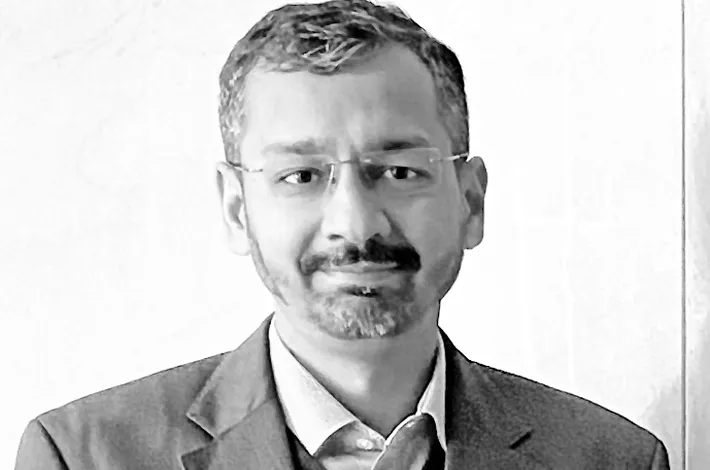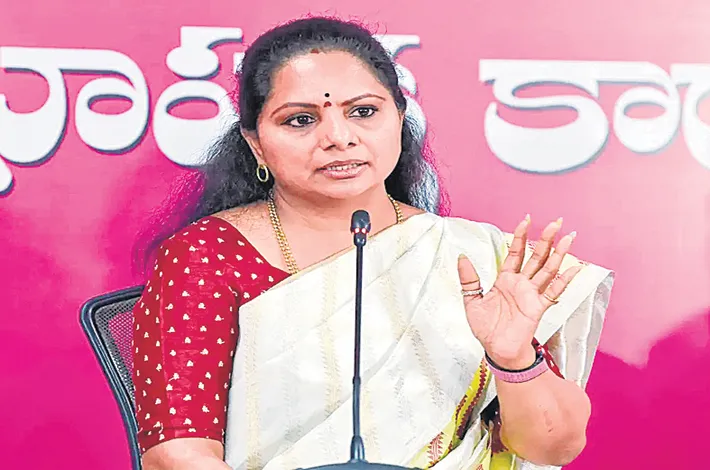When politics lacks tone from the top, the country suffers
29-07-2025 12:00:00 AM

Tone from the top is not a management slogan; it is the thin line that keeps India’s democracy from sliding into daily intimidation
They call it yet another “slap-gate,” but it is anything but trivial. The behaviour of a sitting MLA in Mumbai, early this month, brazenly assaulting and threatening a canteen employee at the MLA hostel over allegedly stale food, is more than just personal misconduct caught on camera. It is yet another symptom of a deeper malaise within our political system—a disease that has festered across parties, ideologies, and decades of governance.
For years, no matter who occupies the seat of power, leaders across the spectrum have slipped into the self-appointed role of street dons. They carry an invisible license to bully, to settle personal scores, and to police society as though they stand above the very Constitution they swore to uphold. Who gives the right to politically connected individuals to harass others? Who allows them to settle neighbourhood disputes for a fee or threaten violence when someone dares to disagree?
Our Constitution grants every citizen the right to seek work and dignity anywhere within the Republic of India. Yet every week, somewhere, a politician or party spokesperson questions the legitimacy of citizens who move in search of livelihood or education. We boast about urbanisation as proof of our demographic dividend, yet treat migrants as intruders when it suits us.
Why do politicians feel entitled to stop fellow Indians from moving freely within their own country in search of work? It is a fundamental constitutional right, not a privilege to be rationed out by local strongmen. After all, who will police those very politicians when they forget that the state, the sovereign itself, carries the duty to create and protect livelihoods? The republic does not exist to serve narrow party interests. It exists to ensure that no citizen, anywhere, is treated as an outsider in their own land. It becomes painfully clear that whenever citizens start asking hard questions about the real quality of life, politicians quickly find convenient diversions. Raise concerns about livelihoods or urban decay, and suddenly we are debating language identity or defending some celebrity’s old tweet under a flood of outrage—verbal, social media, or even physical protest. All this noise quietly distracts us from what truly matters: probity in public life and real, measurable improvement in citizens’ daily existence, not just catchy slogans or schemes that drain public coffers without securing a better today or a sustainable tomorrow.
The recent conduct of the sitting MLA, who publicly justified his violence by calling himself a judo-karate champion, is an affront not just to the canteen worker but to every law-abiding citizen. Even more troubling is his open defiance afterwards, including fresh threats against a former MP. Yes, the Chief Minister rightly condemned the assault, acknowledging that it stains the dignity of elected representatives. But beyond statements, the question remains—what consequence follows? A suspended canteen license and a belated FIR do not restore public faith in the rule of law.
This is where the tone from the top matters most. It is not a phrase to be confined to boardrooms. It is the everyday responsibility of those who claim to lead. Political leaders, whether in government or in opposition, and across all levels of administration, are accountable for the words and actions of their so-called ‘scud missiles’, the loud, sometimes violent voices within their ranks. Denial is not accountability.
Imagine if citizens, frustrated by leaking drains, potholes, erratic water supply, pollution, unchecked encroachments, and even tragic fatalities from flooded neighbourhoods, began to copy what they see from politicians—cornering a municipal engineer or slapping a local officer to demand action. By that logic, there would be no shortage of grievances to justify anarchy.
It reveals something deeply uncomfortable: urban governance in India is simply not a political priority, and when leaders set a tone of indifference or distraction, the system below mirrors it. Anarchy is precisely what our Constitution seeks to prevent—by placing dignity, fairness, and equality at the heart of public life. Yet, we find ourselves at such a public impasse that the everyday frustration is almost expected. Local civic bodies remain serenely nonchalant about the collapsing quality of basic infrastructure, while citizens pay the price twice over—once in taxes and again in daily inconvenience and repair. It is all very civilised until the bills are tallied, projects are delayed, and silence prevails. In the end, the citizen foots the bill for everything—overruns, kickbacks, and crumbling roads included—while those responsible remain immune to both shame and consequence. The truth is, pillars of democracy have let us down not by what they say in press conferences, but by what they tolerate in practice. It should not take viral footage for parties to discipline their own.
Yet, even when citizens try to pursue justice through proper channels, they run into another grim reality: a slow and prohibitively expensive judicial process that drags on for years, often outlasting the patience and resources of ordinary people. The truth is, we have built a legal system, not always a justice system. This leaves the public doubly betrayed: bullied by those in power and then worn down by institutions meant to protect them. The Constitution exists for a reason—to keep us from anarchy, to build, however imperfectly, a fair and equitable society. But when those charged to uphold it choose expediency over principle, it begins to feel as though the very pillars meant to protect us have failed us. Citizens do not ask for much. Decent civic infrastructure. Honest words matched by honest action. The freedom to work and live with dignity, without being made to feel small by someone’s political power. They want leaders who protect, not provoke.
Tone from the top is not a management slogan. It is the thin line that keeps our democracy from sliding into daily intimidation. When politicians behave like street dons, they chip away at the very idea of public service. And in doing so, they diminish us all.
It is time for political leadership to reclaim its moral centre, not with statements, but with example. Because when elected office becomes a license for personal muscle, it is hurting the dignity of all of us. Because when decency from the top disappears, disorder becomes everyone’s problem.








